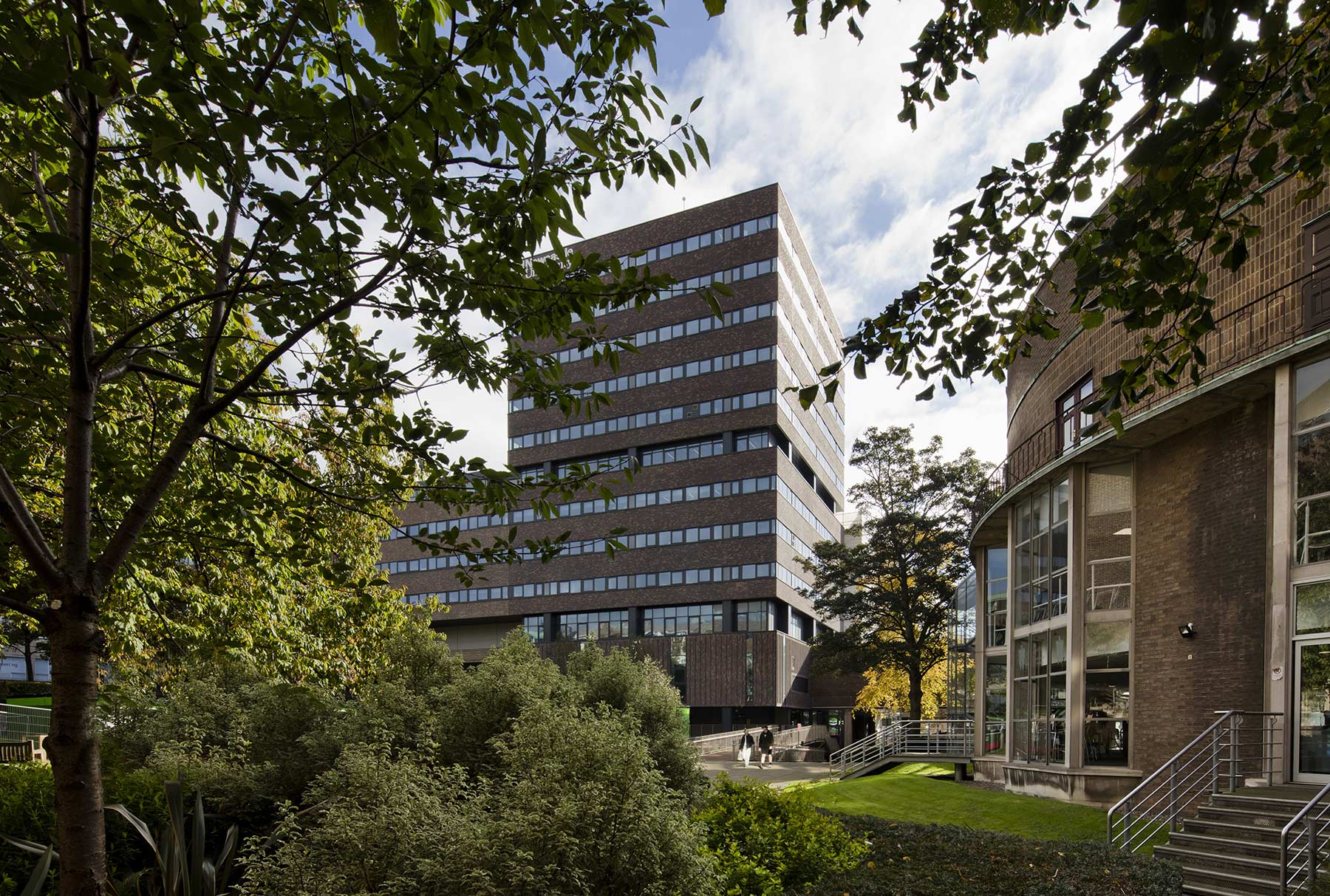Policy, Ethics and Life Sciences
Research Centre
The Policy, Ethics and Life Sciences (PEALS) Research Centre produced world class research focused on the social and ethical debates around the contemporary life sciences. PEALS worked with a wide range of academic and community-based partners - making a significant contribution to practice and policy.
However, after 25 years as a pioneering bioethics research centre, PEALS has now closed.
